PATH TO PARENTHOOD
‘There is no one size fits all’
For those looking to have children in the future, finding the right process for you and discovering all the information is not always easy. We are curating this page with a mix of personal experiences, research, articles and other resources for those interested in learning more about the various paths available.
We want this to be a dynamic page so if you find something that you think should be shared or would like to include a piece for this page (video, audio or written) then please get in touch.
Your stories
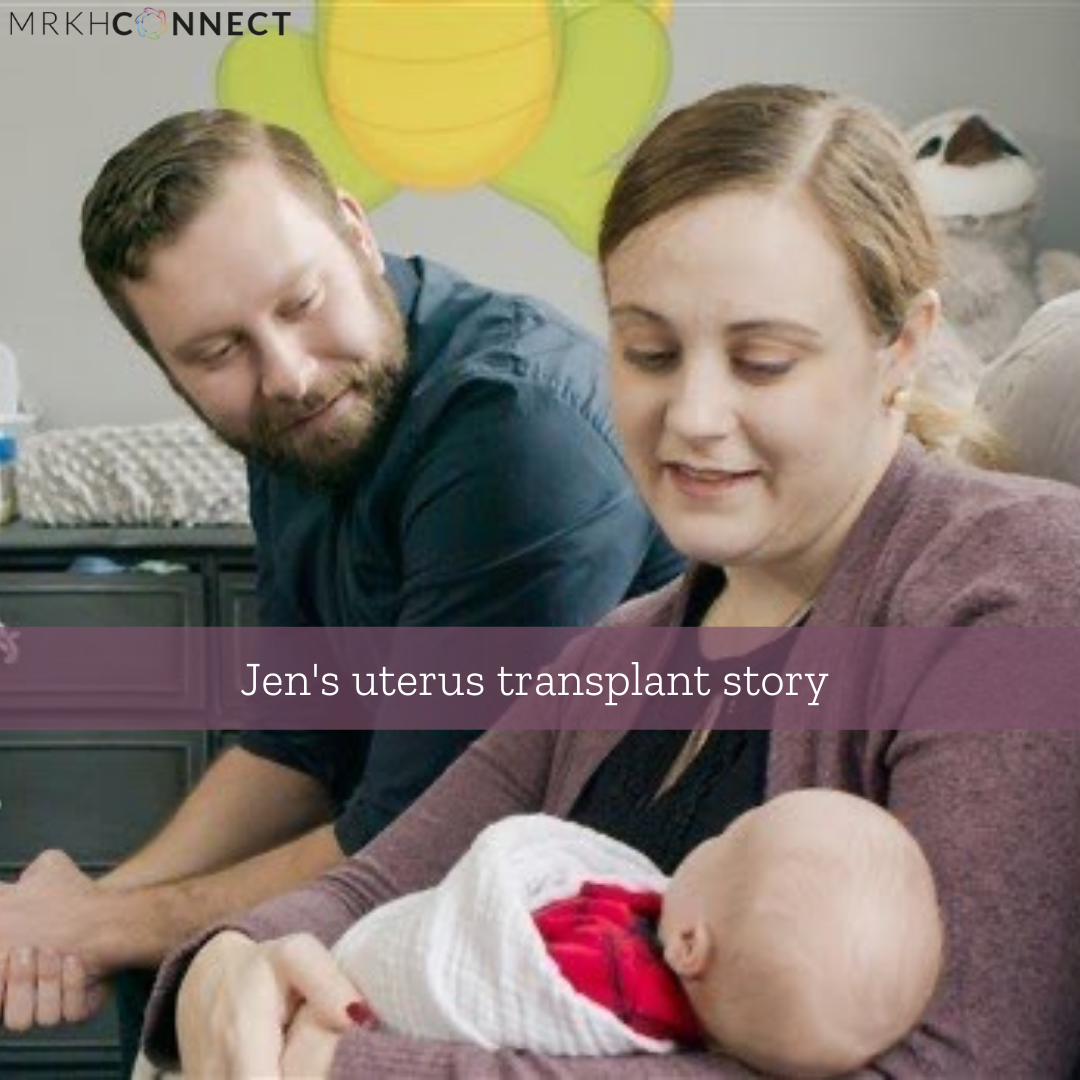
Jen
My name is Jennifer Gobrecht, and I am a patient at Penn Medicine.
I was their first uterus transplant recipient, and the second person in America to have a uterus transplant from a deceased donor.
When I was 17, in 2004, I was diagnosed with MRKH.
I became active in the MRKH community, I learned that my story was similar to many women, where we were given this infertility diagnosis at a young age. We were told our options were to adopt, or to be childless, or to do IVF and have a gestational carrier surrogate.
IVF was something that played into the decision of where I took employment. I looked for companies that covered IVF, as I hoped to use a gestational carrier one day. At 29 I did my first round of IVF.
At 31, I saw in an MRKH Facebook group that Penn Medicine was launching a Uterus Transplant trial and I applied.
Not even three days later, I heard back from the lead investigator, Dr. O’Neill, that she wanted to meet with me. She read through my application, and she felt that I really met the criteria. These included things like age, number of kidneys, vaginal length, relationship status, smoking status to name a few.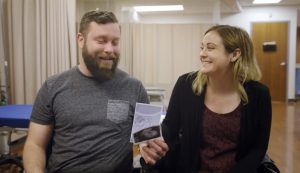
So after meeting with Dr. O’Neill, I met with a plethora of different teams within the Penn system. Transplant evaluation took months with meetings and examinations with everyone from transplant, to social workers, to maternal foetal medicine, to pharmacy, to dieticians, to the surgery team. The time from application to acceptance by an internal and external review board was approximately 5 months,
The next big step was getting listed for an organ transplant, which would be just like any transplant, like a kidney, liver, heart. You would go through an organ transplant procurement network.
The doctors explained the surgery itself was a 10 hour process and that a transplant surgeon and a gynaecological surgeon would head up. The team explained this in detail as part of the process. The transplant would be the donor’s uterus, cervix and part of the upper vaginal canal. The pharmacist went over at length the medications and side effects and the importance of taking them on time.
The transplant team walked through the day to day and the blood draws they would do to test for any other organ issues and signs of rejection. The OBGYN fertility lead went through the cervical biopsies to test for rejection and the fertility prep process for the frozen embryo transfer. The social worked made sure you had plenty of support for this rigorous process and the psychologist also conducted an evaluation lasting about 6 hours for my husband and I together.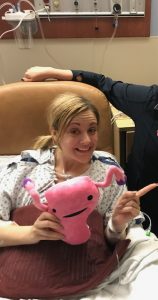
Some of the challenges with having a transplant is the medical process and medicine regimen. You’re taking, sometimes upwards of 30 pills a day. Immunosuppressive drugs can be really intense. You’re always getting labs drawn. It was a lot of time commitment, but I would say that Penn was super flexible throughout the entire process. I could call my transplant team 24/7, and I did. They did get calls at four o’clock in the morning at times when I had questions or was concerned about something.
One day we got the call that they had a matching donor (I had to wait approximately 2 months). I had about a 10-hour surgery and about six weeks recovery before I was kind of back at work. My amazing surgeon, Dr. Paige Porrett now heads up a uterus transplant program (not a trial) at UAB.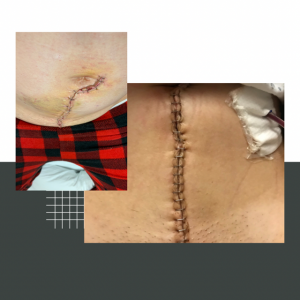
I had small hiccups along the way. I did get a blood clot (a risk from surgery) in my right leg. I was heavily monitored and needed to take blood thinners off and on throughout my transplant. I did get biopsies of the transplanted cervix to test for rejection and those weren’t easy when I was still healing. There were many ultrasounds of the blood flow to the organ too. 6 weeks of recovery post surgery was what I needed. Lots of swelling and soreness.
Once recovered and then after six months and experiencing periods, from there, I was able to start embryo transfers. I was lucky to have my first embryo transfer work.
I was at risk for hypertension so a lot of monitoring blood pressure. I did get hypertension and preeclampsia and did deliver prematurely. However, my baby boy was happy and healthy, no issues but size.
It is important to know that transplants are temporary. Most trials can offer up to two live births (pending your health situation/preference) but since I had preeclampsia and stress to my kidneys and delivered earlier than expected after the recommendation from the doctors we opted for 1 birth and had the C-section be a C-section hysterectomy.
Following that I am back to my baseline before transplant and no longer need to take any medications (except baby aspirin)
This was a very experimental path to parenthood when I embarked on it, but I know a lot has been learned from my case to help the transplants that came after me.
You don’t always have to settle for the boxes that you put yourself in. The world can sometimes present you with the dreams and the hope that you never thought you had. The Penn Uterus Transplant trial really heard my dream for motherhood and made it come true.
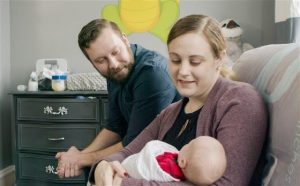
Note: Transplant costs vary depending on the trial. In Jen’s case all transplant costs were paid by the trial but standard IVF costs and pregnancy costs were paid by them.
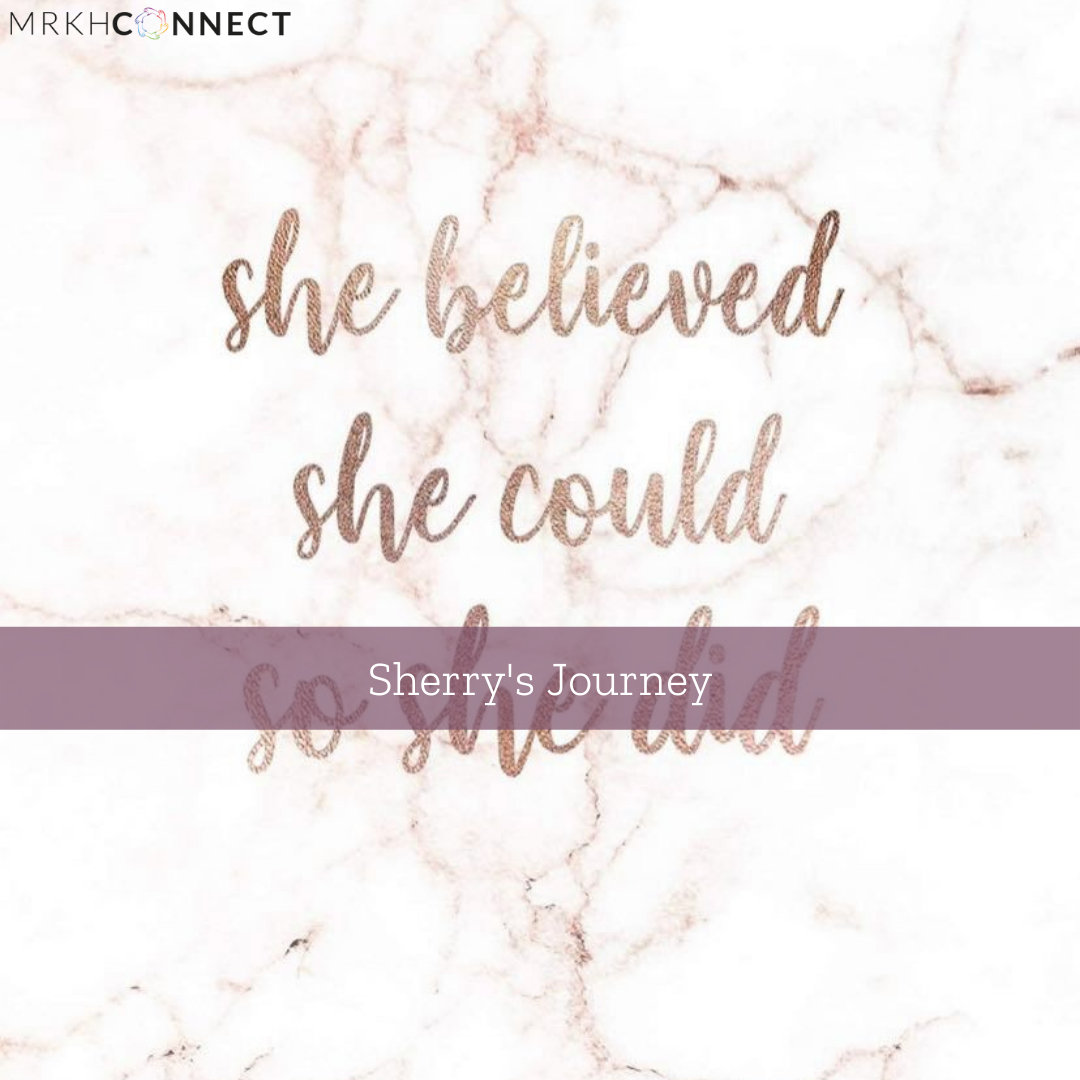
Sherry
Hi my name is Sherry. I’m 29 years old my hometown is Ohio, USA. I’m married and my husband’s name is Mark.
I was diagnosed with MRKH type 1 at the age of 16.
I am one of those girls this is very emotional and heart-breaking for me to go through especially at such a young age and it was also embarrassing feeling so different around friends. It made me worried about the future, will I ever get married? What man would ever want to marry me a woman who could not conceive?
Years later god blessed me with my husband and we’ve been married for 8 years now and have adopted our daughter Emma she is my blessing and miracle I still thank god for giving me her and the experience to be a mother something I thought I’d never be. She is my whole heart.
She’s now 4 years old and is getting big and desperately asks me every day why she does not have a brother or sister. She cries for a sister to play with or a baby brother. She sees families in Target and says “see mom, she has a sister why can’t I”. She even asked if I can buy her a sister online or at target LOL!
My heart breaks every time I hear that just knowing that I can’t give her what she wants hurts so bad just the thought of I CAN’T is enough to kill me.
Me and my husband always wondered what our kids would look like. Would they have his eyes or my nose for example. So we looked into surrogacy and we went to 3 different clinics and every one of them all had very good news to report like my husband is fertile and my eggs are strong. There was only one thing holding us back and that is the cost. The estimates we were given were around US$160,000 and that would cost all of our life savings.
I hope to be able to afford the IVF process to have a bigger family and to give my daughter a sister or brother. Often friends asks why not just adopt again and I believe there’s a piece of me that’s not yet fulfilled and that piece is this.
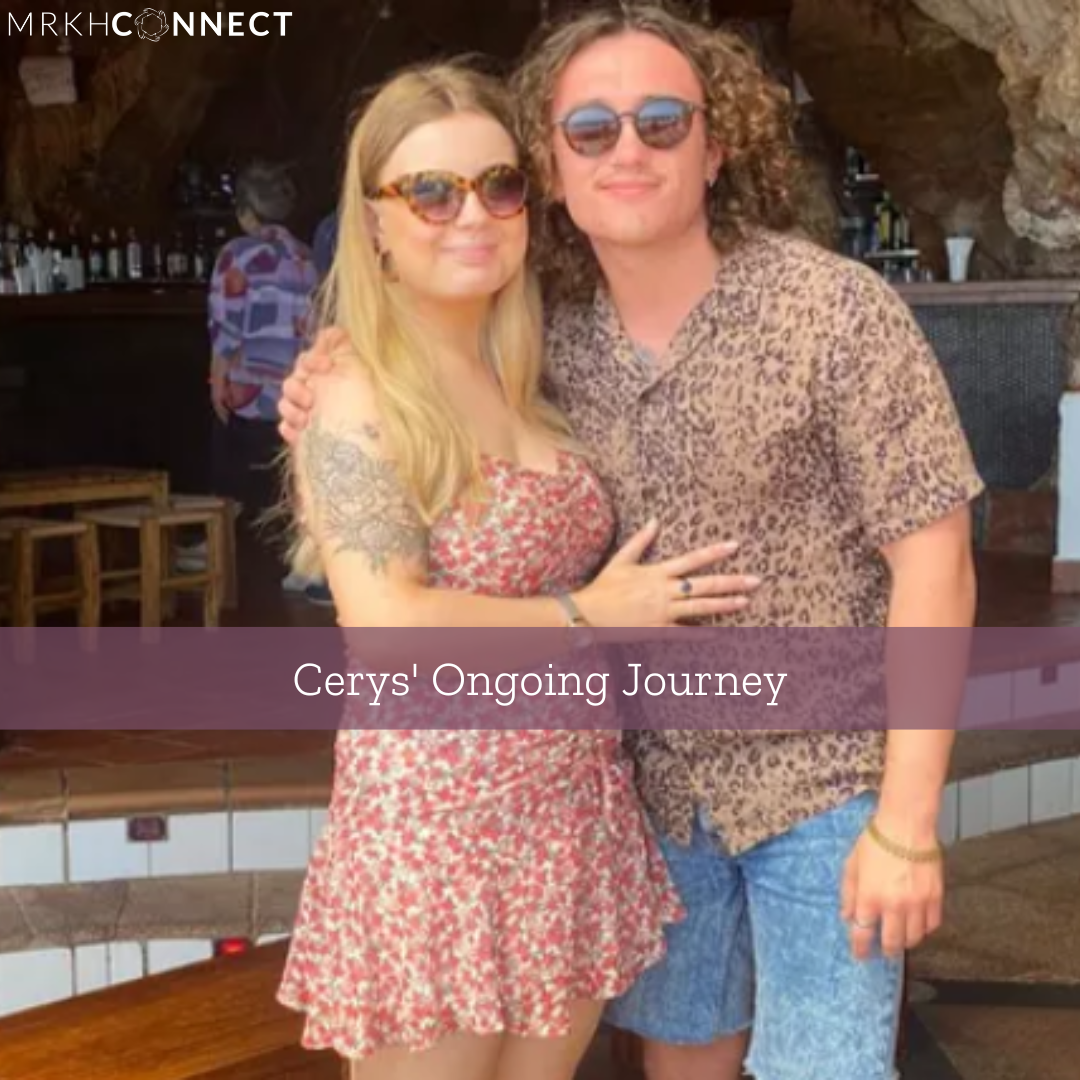
Cerys
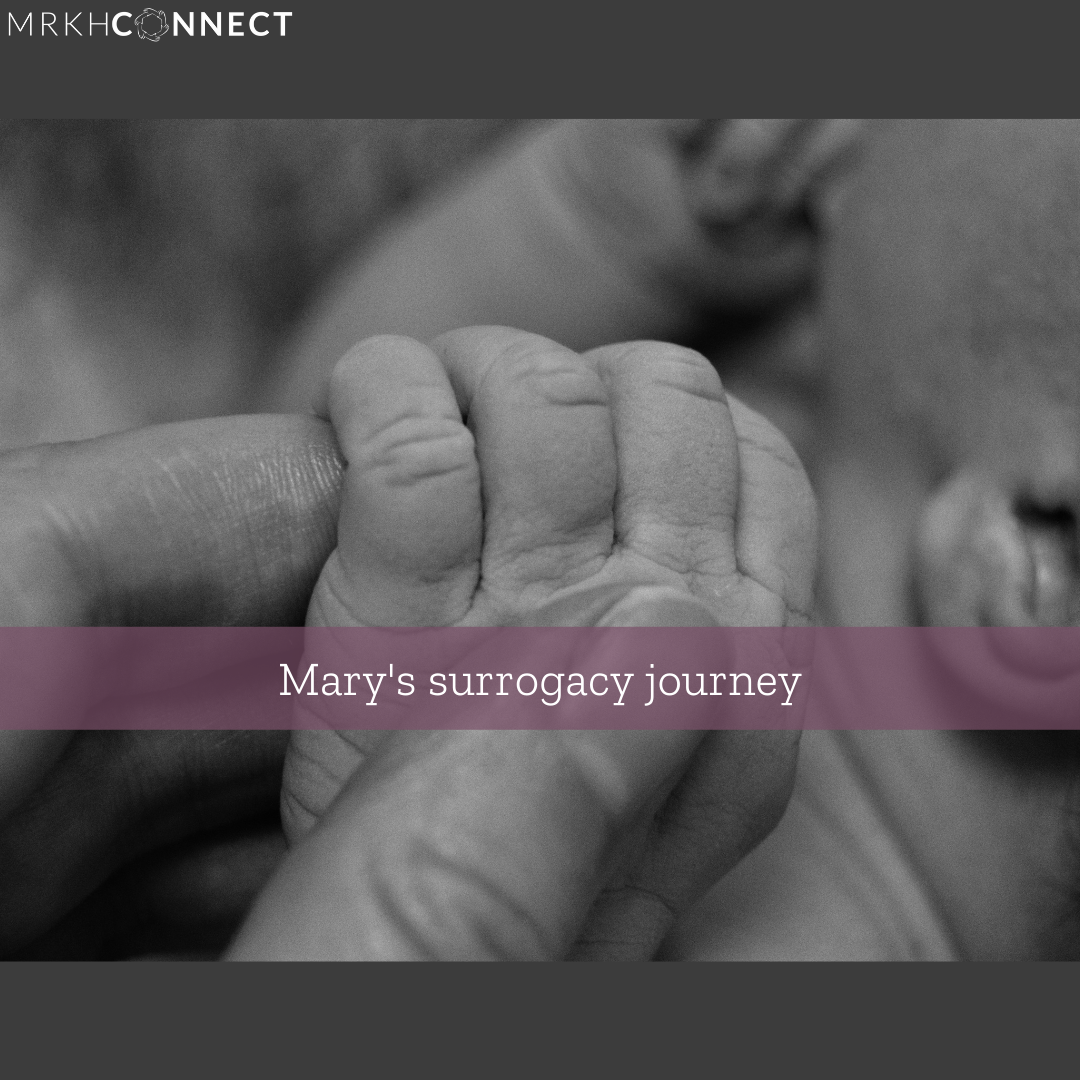
Mary
It’s been twenty years since I was diagnosed with type 1 MRKH. Back then, aged 18 and having just started university, the news broke me. I fell apart as the doctor told me the news I’d been dreading: you have no womb. You can never carry a baby. The next words he spoke I heard as if I was underwater, they sounded all wrong, like I was too far away.
As I processed the news in the following weeks one detail, and one word, stuck: I had functional ovaries, and surrogacy. I clung to that fact and that word as though they were strung together into the tiniest life raft of hope. My only chance to have a child of my own biology.
The years in between then and the day that my hope for a child became reality were a blur of grief, unprocessed and raw. The first two babies to be born to people around me after my diagnosis arrived when I was still too numb, too unable to process what was happening and what I was missing. The third arrived three years after my diagnosis when I was 21, and his arrival nearly destroyed me.
Those were my darkest days.
I came through them with the help and love of a friend, she would just sit with me or hold me when I didn’t even know I needed it. I lost myself in Harry Potter and Lord of the Rings, in other worlds where magic existed and the fight was the fight for the triumph of good over evil, and not the fight within myself to believe that I was still worthy of love, that I was still a woman.
That battle is still ongoing, though the right side – the side that champions my Womanhood, regardless of my internal body parts – is winning more and more as I grow older. I think perhaps it will be a battle that will always rear its head. I just get better at beating it.
If you are reading this and are considering your options for having a family in the future, I can tell you that – for me and my husband – surrogacy has been amazing and worth it. I write this from the privileged position of having gone through it, and having had it work. I write this in my home strewn with my 6 year old’s drawings, breadcrumbs, Lego and peeling old stickers. All the signs of a life lived with a child that 20 years ago I mourned so deeply, thinking that I would never get the chance.
There are so many things to consider when you think about surrogacy and it can be a very difficult path to take. There are many places where it can go wrong, or become more complicated, and, if you pursue it, you need to be prepared for these possibilities. As I detail this, my own journey, I will start with the harder stuff, the bits that were tough, mentally, physically and emotionally. And I will end with the light, the reason we do this, the reason it was all worth it in my case.
Without doubt, the hardest part is the part we all probably expect: the envy at our baby being carried by someone who has all her functioning parts. Here I think it can potentially make a big difference who is your surrogate. My husband and I were lucky to have my sister in law offer to carry for us. She was my younger brother’s wife and had had her own experience of infertility, being told that they needed IVF, only to then find out she had conceived naturally – miraculously – a few weeks later. She was great from the beginning, having had her own children beforehand she knew that she would be able to maintain a healthy level of detachment to our child while it grew inside her and that she believed that she would be able to view it all as a purely medical experience. She was true to her word and she did all she could to involve me. She sent me videos, bump pictures, little messages telling me little details which I lapped up such as when the baby had hiccoughs, or if the baby was kicking her in the bladder. But no matter how involved she tried to make me, how much she included me, I always felt that sadness underneath it all that it wasn’t my body, that it wasn’t my bladder the baby danced on every morning at 4am (my daughter has continued that pattern of being a morning person!). That was, for me, absolutely the hardest part.
I found that the next hardest was the feeling of lack of control. Lucy* had a difficult early pregnancy with my daughter and was at high risk of loss after she developed a subchorionic haematoma, a sack of blood in the uterine lining, which threatened the baby. She had to go on sofa rest for two weeks and with a toddler of her own she found it extremely hard. Those were the hardest days of the pregnancy and our arrangement. Lucy was angry she couldn’t be more present with her own child and quite possibly resented my baby and me. She was not one to laze around and she hated every moment of sofa rest. I was filled with extreme guilt and did all I could to mitigate her situation, taking my nephew out, looking after her, basically staying with her and doing all that she was unable to do. There were times, in her frustration, where she would lift her son even though the doctors asked her not to. It must have been a very hard situation for her. But for me I felt acutely how out of control I was. I didn’t even have the luxury of the illusion of control. Had I been carrying my baby myself, I would have happily stayed on my sofa and not moved an inch. But I didn’t feel able to force her to do that when she had her own life, her own children to care for. This whole situation also had an effect on me and my work and I had to take a long period of leave. Thankfully my work was very understanding when I told them, far earlier than I ever would have wanted to, and they treated the pregnancy as if it was my own.
Other areas which can be tricky are the financial aspect and the arrangements with regard to tests and thoughts on medical termination. All the stuff that other people don’t have to think about, let alone probably put their own opinions behind those of someone else who is doing such an incredible thing for you. It is a hard thing to have to do. Here again we were lucky, we were all on the same wavelength and Lucy was happy to go along with our preferences, having no strong thoughts on it herself.
Failed cycles and delays are all too common and all too heartbreaking. We had our first cycle fail and it was devastating. The first cycle ended with the early loss of twin embryos, they never properly implanted and so never made it beyond 2 weeks gestation. I had grown too attached already, too early, too reliant on them being ‘strong embryos’. We’d named them, Smidge and Smudge, and watched them light up the screen on transfer. But they never made it. The second cycle Lucy developed an ovarian cyst and we had to delay for four months until the next cycle. The uncertainty of whether we’d make it to another, whether Lucy would want to try again, was exhausting and terrifying. All on the back of the loss of the first two embryos. The third cycle was to be our last before a planned break. Luckily it worked and that embryo is now a fiery 6 year old girl.
Finally, the physical side of egg retrieval was hard on me and my body. Though my body responded well to the egg stimulation treatment the transvaginal scans were difficult both physically and mentally. The nurses were great on the whole and usually aware of my condition. However there were times when they would forget and start talking to me about embryo transfer or ask me about my period. While I can laugh about it now, the worst occasion was when the nurse held the scanning wand inside me for far longer than usual and was moving it around rather forcefully. It was uncomfortable and I wasn’t quite brave enough to ask what she was doing. Eventually she saw my questioning look and said she was hunting for my womb lining to measure it. Clearly there was nothing there and I had to remind her. She was mortified and I ended up somehow apologising to her for her embarrassment! In the grand scheme of things it was only a small incident but these such events can be hugely triggering and distressing for us MRKHers.
I ended up ‘over-stimming’ on my first round of egg retrieval. This means that my ovaries responded too well, they went completely bonkers in fact, and I ended up with moderate Ovarian Hyperstimulation Syndrome (OHSS) which, if not caught in time, can be very high risk for your health. I ended up on medication and was in a lot of pain for a few weeks afterwards.
The other side of the egg retrieval cycle – the beginning – was also difficult in its own way. I underwent ovarian suppression which meant I was placed into an induced menopause, or they shut down my ovaries. That was a horrible experience and made me appreciate my functioning ovaries! After the effects passed, after I resumed a level of normal hormonal function for my 30 year old ovaries, I reflected that as MRKHers we will still get all the unpleasantness of the menopause but none of the benefits (end of periods), as we already know what that’s like! As I approach the last decade before the real menopause, I can make light of it and have told my friends that I look forward to them joining me in the Cool No Period club!
And so I move to the positives, the easier bits, the wonderful parts of surrogacy. We underwent gestational surrogacy with a family member. For those unaware of the terminology, this means the embryo was from my egg and my husband’s sperm, grown inside my sister in law’s uterus. My husband and I wanted to have a relationship with our surrogate, we wanted to have that bond and have our child know the person who had done such a wonderful thing and brought her into the world for us. Having our sister in law do this for us was the absolute best case we could have hoped for.
This is all very personal. You may feel very differently about this and having someone not connected in other ways may be preferable and beneficial to you. It all depends on your circumstances and what will work for you.
Surrogacy, above all, is an act of love. This is something that is usually missed in just about every piece of writing or literature I have ever read on the subject. For a woman to give of her own body in order to bring a child into the world for someone else is the most selfless act and one of incredible love. To be the mother on the receiving end of such a loving act is humbling. It shook me to my core. As someone with multiple layers of trauma in my youth, MRKH and my own MRKH-associated sexual trauma just being another multi-faceted layer on top of several others with other causes, I have always struggled with self love, with believing myself worthy of love. To look someone in the eye who is carrying your baby inside her, who will deliver your child into your arms is the most devastating and wonderful thing. I call it devastating as it forced me to untie so many of the knots inside myself, to un-tell so many of the lies I told myself, to quieten the whispers which told me that I was worth nothing. It remade so much of me from the inside out. For the better, in the end. But so much of what I had believed of myself had to be rebuilt.
But then, finally, there comes the child. The end of the journey. The cure and the healing. I could expound on this idea and how, perhaps, it isn’t always true. That the cure and the healing actually come in other ways. But this is not that piece. And there is a level of healing for some of the aspects of MRKH that come with your baby held in your arms: that of being unable to easily become a mother.
For me, holding my baby – finally – was nothing short of a miracle. As I age, you will find that I am more likely to describe this (to fellow adults!) as me giving Mother Nature and what She did to my body the middle finger and a great big ‘Fuck you!’. But in those first moments, as I saw my daughter’s face for the first time, as I held her, handed her to her Daddy, as I breastfed her through induced lactation, all else fell away. All the pain and the sadness which had brought me here vanished for a while. Everything else, all the negatives, the difficulties, it all pales when it comes to the wonder of your baby in your arms. Or your partner’s arms. It was as though she was always mine, as though she came from me in every way and not just as a tiny egg two years earlier. I had been so scared she wouldn’t know me, that she would reject me as I had done myself so many times over the years, but none of that happened. She made me a mother as much as Lucy did.
There are other positives, other easier parts, though nothing else measures up to the feeling of holding your child. The easy parts were so easy it felt like the most normal and natural thing in the world. Nesting and buying for a baby. I will never tire of buying my daughter even the most mundane of items even now, nearly seven years later. The joy, the excitement. Attending scans and planning names. Finally being able to plan and imagine our life with a child we never thought we would have.
And the bond we made with our surrogate and my brother was deep, intense and incredible. I would do anything for them. As the years have passed, time and physical distance have cooled that bond but it is still there and we will always be indebted to Lucy and her husband, my little brother. Every year we celebrate Surro day, the anniversary of our embryo transfer which led to our daughter and we send Lucy a little something. Like Mother’s day but far cooler. Our daughter knows her origin story. We told her from the day she was born. Because it’s no longer my story, not mine alone, nor even mine and my husband’s. It’s so much more than that, now it’s her story. When I talk to her of how she was born, of all the love it took to make her and how much she was loved by all those people who helped bring her into the world, she rolls her eyes and tells us that we’re embarrassing her. It always makes me smile.
I will end on this note. Whilst gestational surrogacy can be incredibly hard, stressful and difficult, if like me you are privileged enough for it to work and bring you your baby, it is simply the most wonderful and incredible experience. A story of love and beauty which cannot be topped.
Mary
*Surrogate’s name changed for privacy.
Resources
We have included some resources you may wish to look into. We will keep updating this list to ensure that you can find the information you need but if you find any errors or would like to suggest another organisation/resource that should be added, please just let us know.
MRKH Connect can not be held responsible for the information that you receive from third party content.

Free and impartial support, advice, information and understanding for anyone affected by fertility issues.
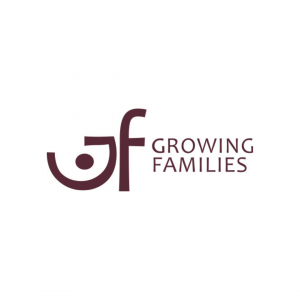
Family building options whatever your circumstances. Providing resources and running international events for all on a path to parenthood.

Provides support through a message forum, support workers & peer support to help and assist those going through surrogacy.

A leading charity providing support and community for all those whose lives involve adoption and supporting those who cannot live with their birth families.
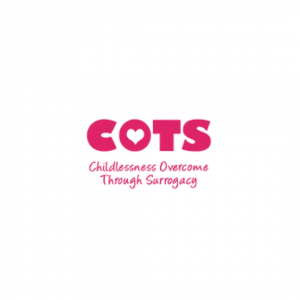
A leading UK Surrogacy agency providing information for Intended parents and on how to become a surrogate.
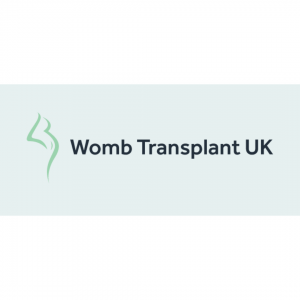
To further research into Womb Transplantation and to raise money for a clinical programme.

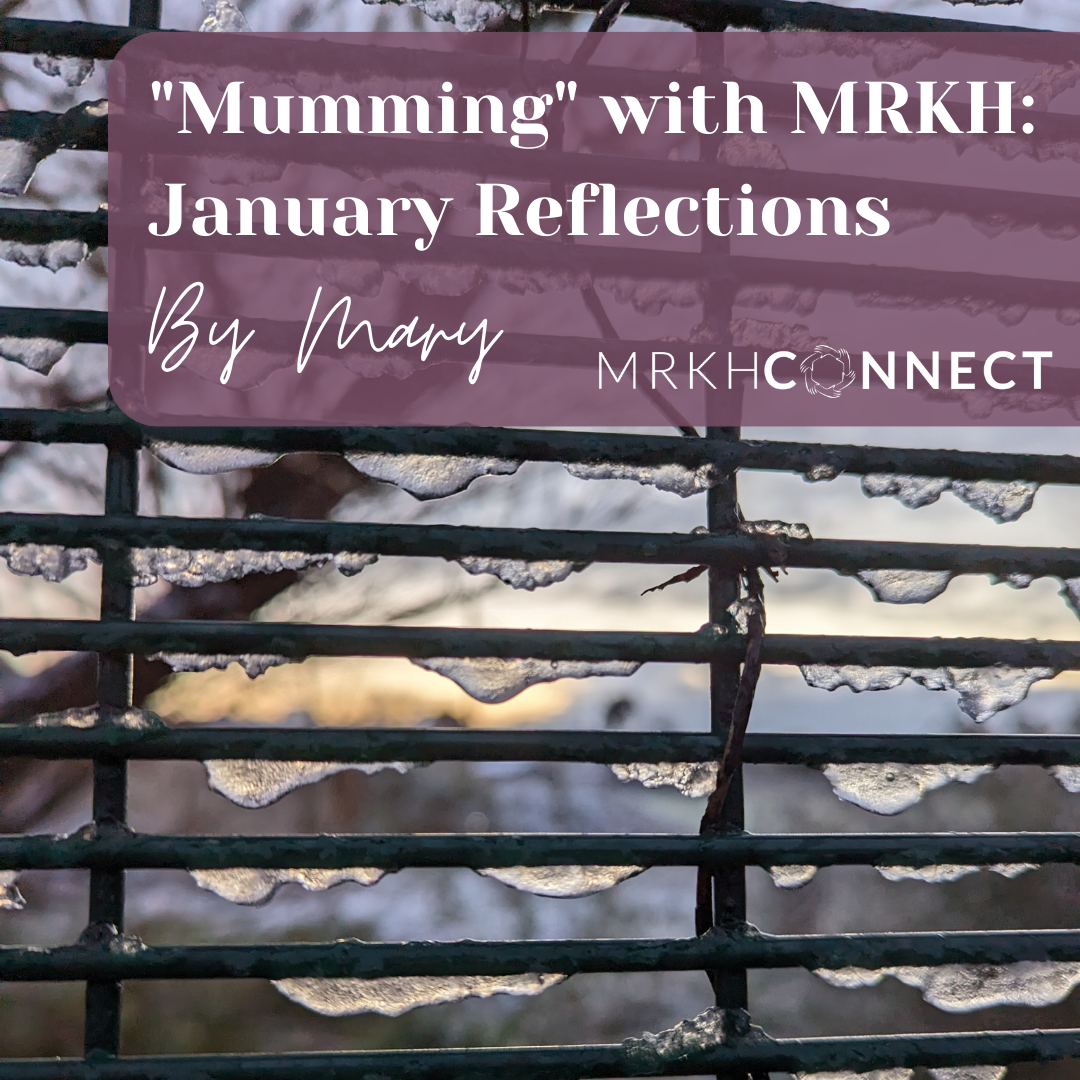
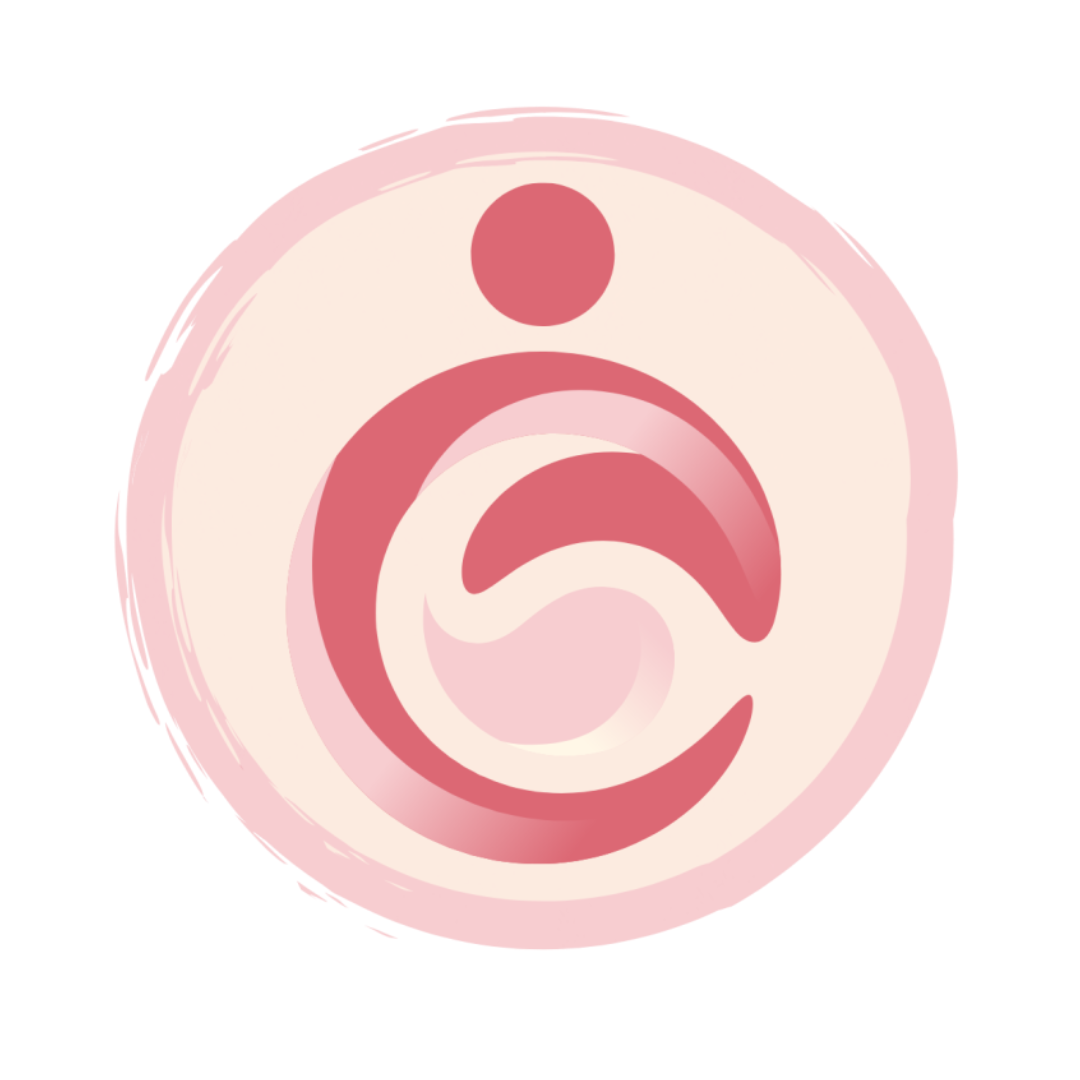
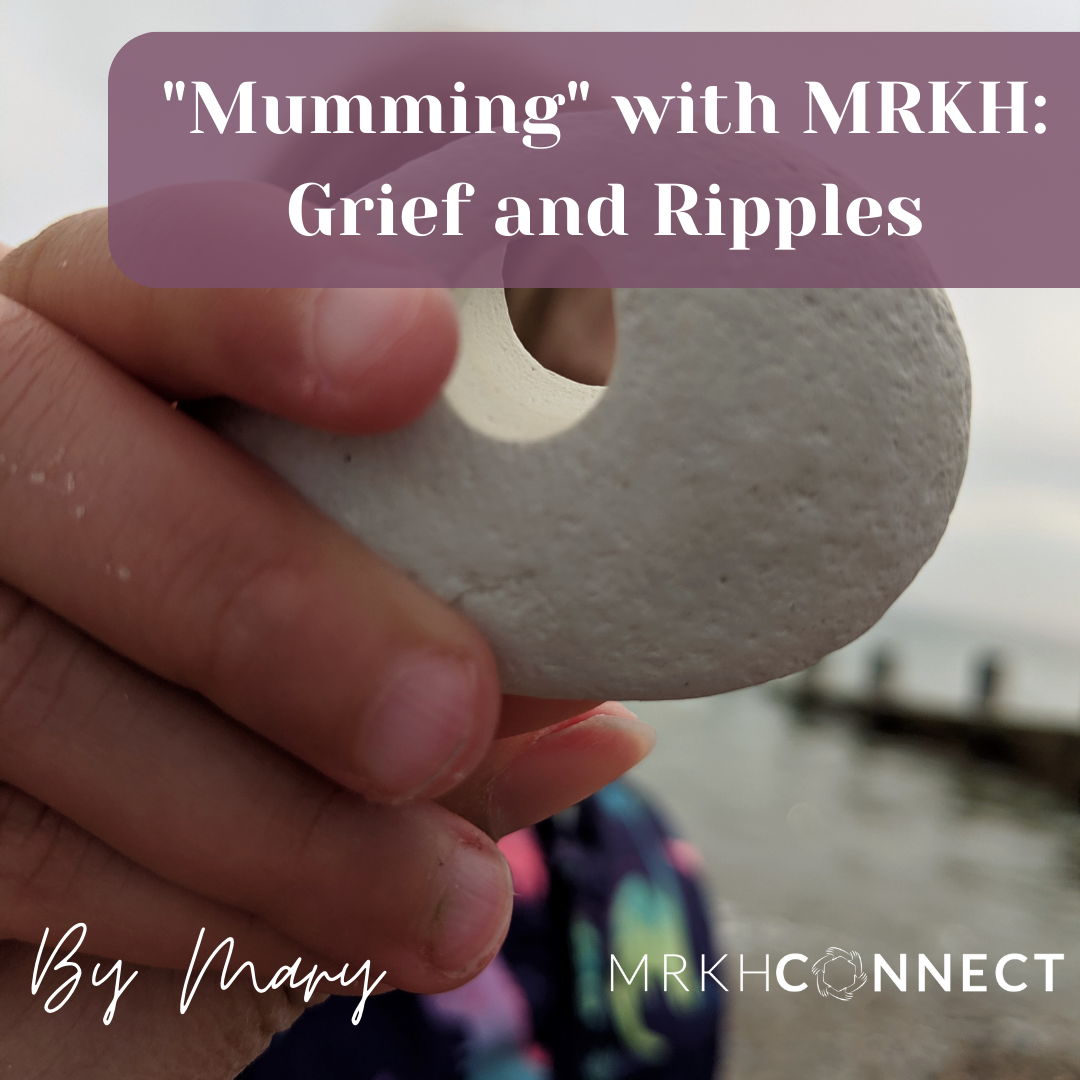
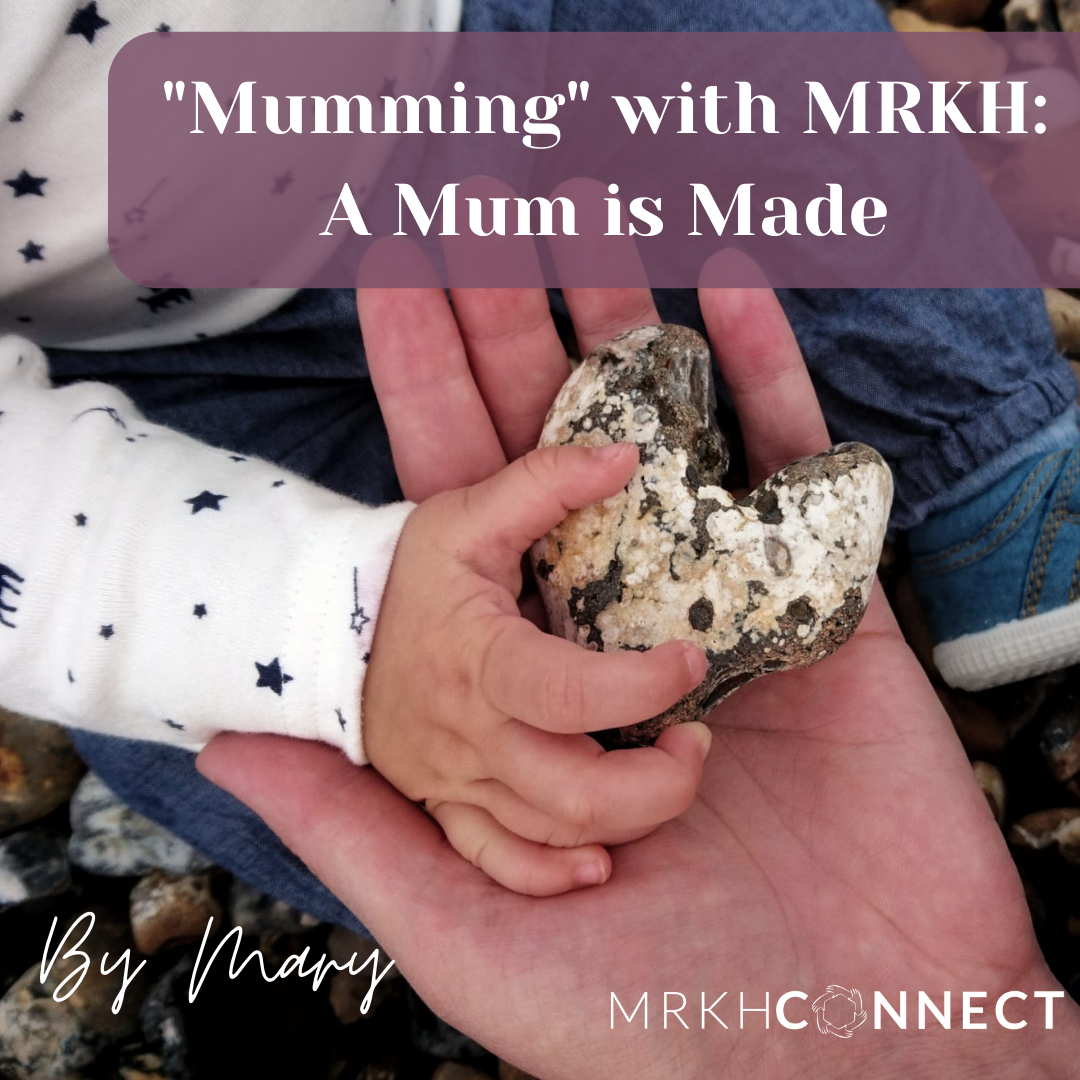



Follow Us on Social Media